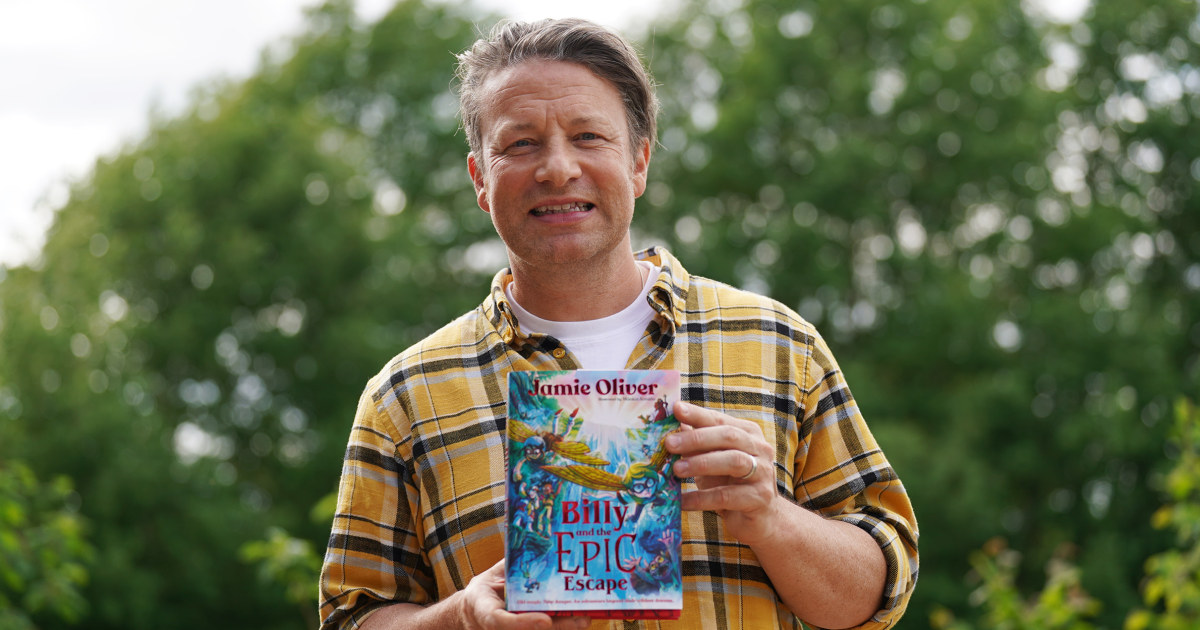Celebrity chef Jamie Oliver withdraws children’s book after criticism from Indigenous Australians

- by Admin
- November 11, 2024

British celebrity chef Jamie Oliver has pulled his new children’s book from shelves, saying he was “devastated” by the offense he caused following criticism that the book stereotyped Indigenous Australians.
The book, “Billy and the Epic Escape,” was first published in May and drew outrage in Australia where Indigenous leaders described it as trivializing the community’s history and diversity as well as perpetuating harmful stereotypes against them.
The book’s publisher Penguin Random House U.K. said it was withdrawing the book from sale.
“It is clear that our publishing standards fell short on this occasion, and we must learn from that and take decisive action,” the publisher said Monday in an emailed statement.
Oliver, who was in Australia promoting his cookbook Simply Jamie, also apologized in a statement.
“I am devastated to have caused offence and apologize wholeheartedly,” he said. “It was never my intention to misinterpret this deeply painful issue. Together with my publishers we have decided to withdraw the book from sale,” he added.
The book narrates the abduction of a First Nations Indigenous character named Ruby, who is living in foster care and is abducted by the book’s main villain.
But the description was in such a way that puts the blame on her family, which the National Aboriginal and Torres Strait Islander Education Corporation (NATSIEC) said “dangerously trivializes the ongoing trauma associated with Australia’s violent history of child removal.”
For decades, successive Australian governments forcibly removed Aboriginal and Torres Strait Islander children from their families as part of an assimilation policy.
“The implication that First Nations families are easily swayed by money and neglect the safety of their children perpetuates a racist stereotype that has been used to justify child removals for over a century,” NATSIEC said in an emailed statement Monday.
The book also equates First Nations beliefs and spirituality with magic in the book, NATSIEC said, calling it a long-held stereotype.
“This trivialization is both culturally insensitive and harmful,” it said. The book also contained errors made by mixing different Indigenous languages, which NATSIEC said reinforced the “harmful stereotype that Indigenous peoples are a homogenous group.”
The organization said it welcomed the withdrawal of the book, “which was developed without any consultation with First Nations people or organizations.”
The Latest News
-
December 24, 2024Best Online Casinos In Australia Real Money 2025 – Free Spins & Faster Payouts!
-
December 24, 2024Letters reveal The Don’s struggles with fame, eye for talent and fears for cricket’s future
-
December 24, 2024Head has short net session, in doubt for Boxing Day Test
-
December 24, 2024How Travis Head decluttered and became the best batter in the world
-
December 23, 2024‘Puts golf on the map here’: Ryan Fox praises Rory McIlroy visiting New Zealand’s Tara Iti, Te Arai – Australian Golf Digest




